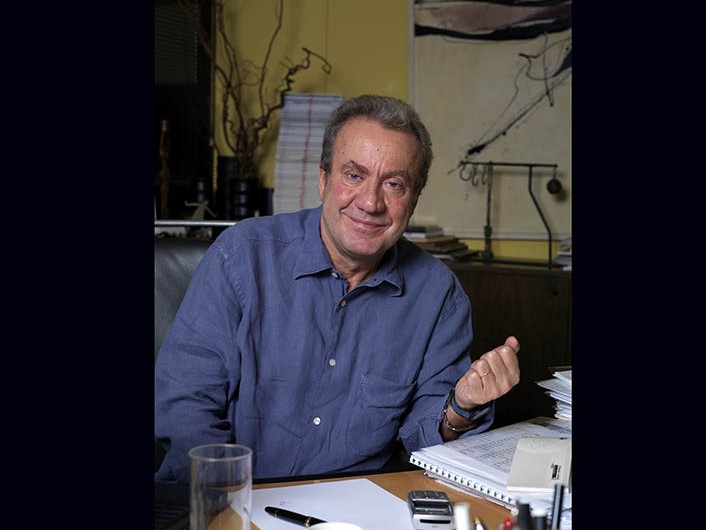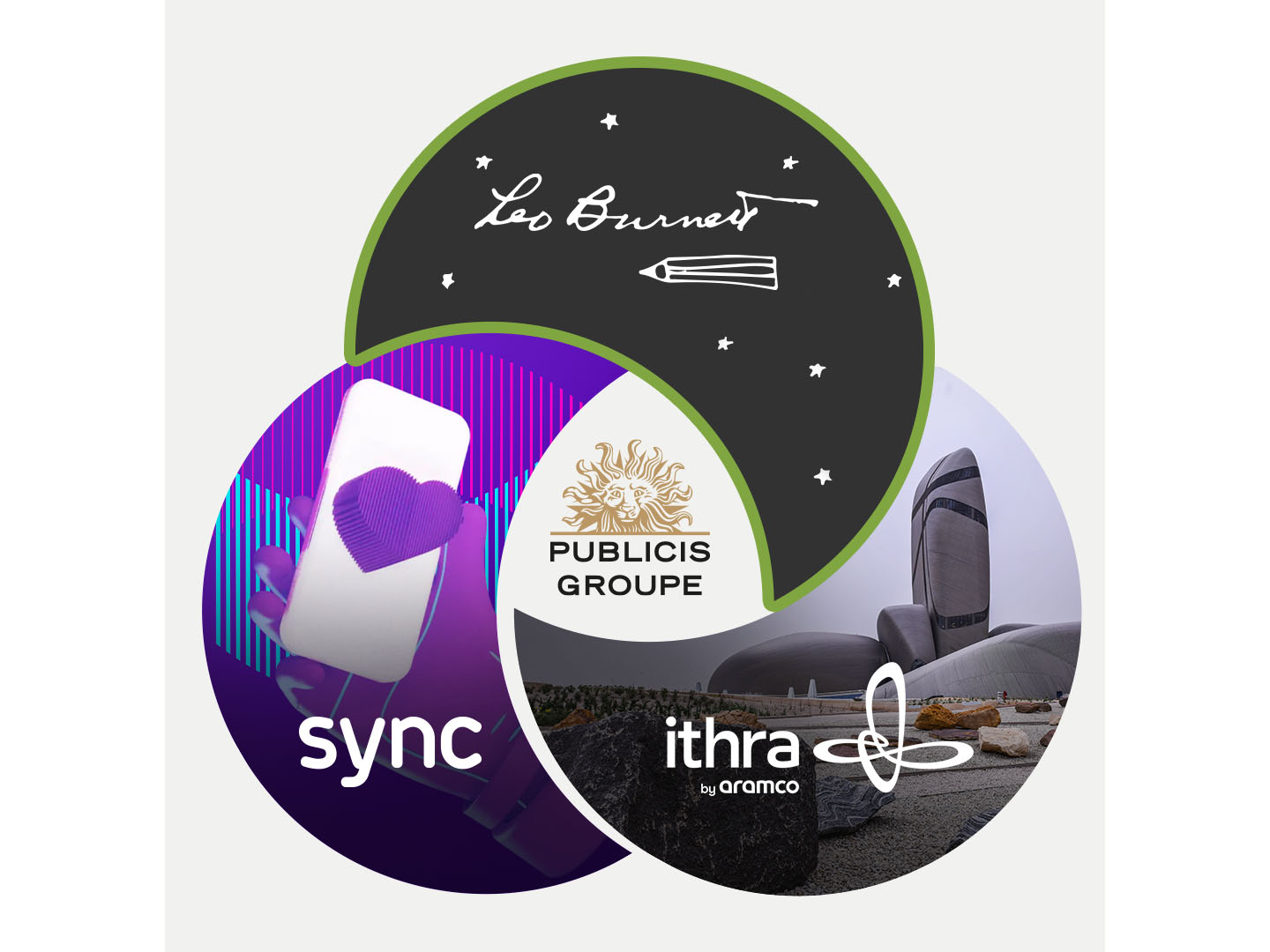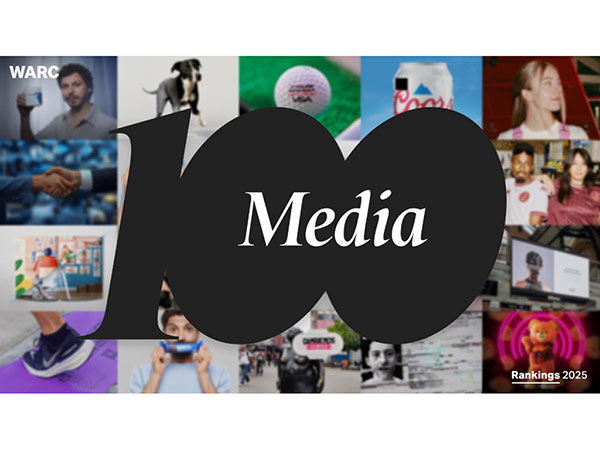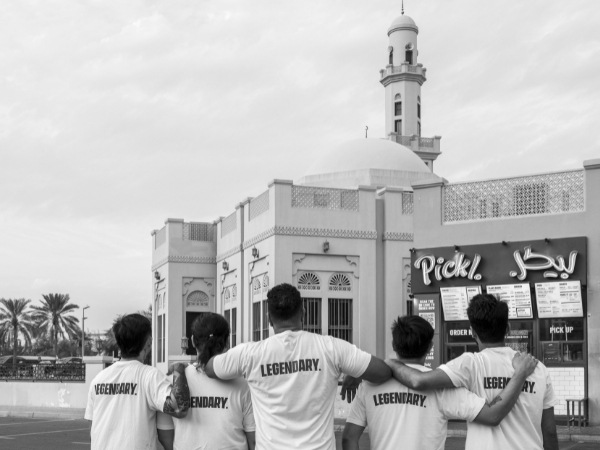News - Advertising
Facing the future: a talk with Farid Chehab about his new book "A Bridge over the 21st Century"
October 22, 2018

It’s been some time since Farid Chehab was involved in the day-to-day running of an agency, yet Leo Burnett’s honorary chairman still refers to himself as an adman. A curious one at that.
Once an avid reader of Ayn Rand, Chehab has turned his mind to the future. Not just any future either, but one that outlines how humanity can build an outstanding, yet realistic destiny for humankind in light of the unprecedented technological advancement unleashed by the Fourth Industrial Revolution.
It’s a huge topic, and one that Chehab has chosen to tackle in his third book, A Bridge over the 21st Century. Published by L’Orient-Le Jour, it has been inspired in part by Chehab’s continuous reading of Thomas Friedman, Stephen Hawking, Jacques Attali, Edgar Morin, Alain Minc and Yuval Noah Harari, all of whom have confronted the future in their work.
In many ways Chehab views his book as a wake-up call. He believes the new age has brought about a paradigm shift in the way we think, behave and act, with the pace of change faster than our current ability to adapt.
“Bombarded by new technologies that continue to transform everyday life, we find ourselves stunned by a digital revolution that will overturn the global economic environment,” he says. “As such, it is no wonder we’re concerned about our future, as a confusing influx of information and unanswered questions overwhelm us.
“The 21st century mercilessly counts down as a ticking time bomb. Are we to become a sacrificed generation? And what of those to come? How will our children survive? The great Stephen Hawking predicted that, should nothing be done to combat waste or global violence, we could all disappear within the next few centuries. His observation should frighten us all into enriching our values.”
“We tend to think education will evolve and adapt as always in the past, but this is not true. “Technology evolves at a higher speed than natural evolution, especially education. The new age requires a paradigm shift in the generation of ideas. This means that the current knowledge acquisition programme may well become obsolete. Instead of only learning, children must be educated in the direction of ‘creating’.”
You only need to look as far as artificial intelligence to find justification for Chehab’s concern. The physicist Stephen Hawking said its emergence could be the “worst event in the history of our civilisation” unless society finds a way to control its development. Elon Musk, the billionaire technology entrepreneur behind Tesla and SpaceX, has also referred to AI as humanity’s “biggest existential threat”, with the key concern being that we are creating the means for our own destruction.
The potential impact, of course, is colossal, with accelerating change – where the rate of technological advancement increases exponentially as time passes – leading to Ray Kurzweil’s The Law of Accelerating Returns. That is, technological singularity, where artificial intelligence acquires the ability to create ever smarter and more powerful machines than itself.
In the eyes of many a daunting world awaits us – one that professor Klaus Schwab, founder of the World Economic Forum, has described as being built around “cyber-physical systems”. In other words, a world where the physical, digital and biological spheres are blurred.
“Those who are not prepared to adapt might become the collateral victims of the new age,” warns Chehab. In A Bridge to the 21st Century he discusses the ‘stumbling blocks’ and ‘perils at hand’ that face us.
“Jack Ma is predicting that by 2030, 800 million jobs will vanish,” says Chehab. “This concerns more than three billion people. Among these people are our kids who, born in 2020, will be 10 years old by then. Today’s current belief is that when jobs disappear, new jobs will be created. This is only partly true. As a matter of fact there will be far less jobs available around the world.
“Besides unemployment, the perils are going to include the interference of AI in our very organic existence. Generation 2040 will have to face the challenges of artificial intelligence in the fields of genetic engineering, the prolongation of life, nano-technology, robotics, and the economy as well.
Generation 2050 will have to elaborate on and practice new systems that will run the world economy. Generation 2070 and above will be facing the challenges of augmented humanity.”
How we handle these challenges will determine our fate, says Chehab.
The answer? Resilience, ideas, values and tolerance. It is these four ‘pillars’ that Chehab believes will help humanity thrive. A new set of values must be adopted to help us cope with the evolution of intelligence as we perceive it today. And everything starts with education, which must evolve from by-the-book learning to a system that allows the creative mind to flourish.
“We tend to think education will evolve and adapt as always in the past, but this is not true,” says Chehab. “Technology evolves at a higher speed than natural evolution, especially education. The new age requires a paradigm shift in the generation of ideas. This means that the current knowledge acquisition programme may well become obsolete. Instead of only learning, children must be educated in the direction of ‘creating’. Today, only Finland is at the forefront of innovation in this field.”
“I have a grandson who was born just one year ago,” he adds. “I am writing this book for him and his young parents as much as I am for all young families.”















